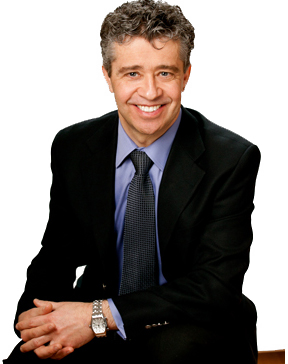A good apology has four corners. It should acknowledge and take ownership of the wrong, evidence an understanding of the victim impact, speak to efforts at improvement and relapse prevention, and, most importantly, it must be spoken from the heart. I sometimes find it helpful to explain the four corners of a bad apology: minimization, blaming, denial, and contemptuousness. In other words, take responsibility, show empathy and insight, and don't be presumptuous.
This is more easily said than achieved. For the person apologizing, it is something conveyed, not just spoken. For the recipient, it is something felt, not just heard. That's why it's something I can't do on my clients' behalf. A sincere and informed apology can change lives. It can bring strangers to tears. On the other hand, an apology that fails to land on four corners is better left unsaid. An apology that minimizes behaviour, blames others, or fails to acknowledge the victim impact can make me cringe (as his lawyer), the Judge bristle (feeling the contempt), the Crown gloat (at her unexpected advantage), and everyone else in Court to sneer (at the insincerity).
If headed for a sentencing hearing, consider these issues in advance. If you're in counselling, seek help from your therapist (hopefully, you've been hard at work on the four corners). When ready to put thoughts into words, pull out pen and paper, turn off the electronics, and write something. For this first draft, write as much as you want. That first draft can be edited down, but the final words must be your own. You don't want your apology to have the feel of something a lawyer might write. The final version can be short. Even a few sentences can be meaningful.
With the wording finalized, I have my client present the apology to members of my office. This is not about practice makes perfect. You don't want to sound rehearsed. It's about finding that right mix of projection, comfort, and courage. I don't know about other Toronto criminal defence offices but my tribe are generous with their feedback, often leading to changes in what to say and how to say it. On occasion, it results in a quick retreat to the ever-reliable "No, thank you, Your Honour," with everyone breathing a sigh of relief, and me pointing to my "Loose Lips Sink Ships" painting by artist and Toronto lawyer Caroline Vecchiarelli.
For heartfelt words from my clients, read about J.L. (started fire in his parent's house), S.C. (sexually assaulted his ex-wife), P.C., and G.B. (they touched their step-daughters). My client M.B. gave this meaningful apology at his 2016 Newmarket child pornography sentencing before Judge Dwyer:
Your Honour, I'm deeply sorry, and filled with remorse. Through my therapy, I now know about cognitive distortions, and have real empathy for the victims. When I think back to how I gratified myself by watching those videos, and how I spoke to D.C. Gaudet, I am deeply ashamed. I'm also very sorry to my family and friends for the embarrassment, shame, and hardship my actions have caused them. I betrayed my wife, let down my parents, and failed my boys. I have been attending Dr. Gojer's groups for 14 months. I learned a lot about myself, why I did what I did, and am confident I am now on the right path. I know it will take a long time to rebuild the trust I have shattered, but I am determined.
If you're having difficulty writing an apology, read my Blog on What is empathy? Why does it matter?
Of course, not everyone is ready, willing, or able to apologize. To witness a missed opportunity to engage the power of silence, read this Toronto Star article. If in doubt, remember the expression, "better to remain silent and be thought a fool than to open your mouth and remove all doubt."
For fans of Larry David's Curb Your Enthusiasm, watch the YouTube video of his begrudging but hilarious apology. Just remember that while this approach is great for laughs it's no fun when you're the one being dragged off to jail and everyone's laughing.
Craig Penney, Ontario Defence Attorney (updated 29 April 2017)
